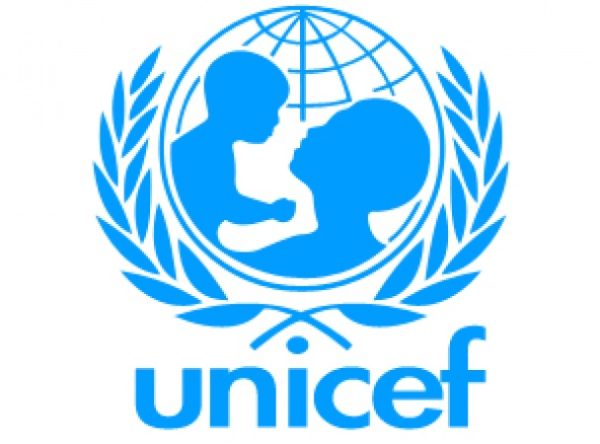By Lizzy Carr
The United Nations Children’s Fund (UNICEF), has attributed poor nutrition in the first 1,000 days of a child can lead to stunted growth.
Chief of UNICEF Field Office Bauchi Tunsar Rane stated virtually to participants at a two days media dialogue on the first 1,000 days of a Child life, organized by UNICEF Bauchi Field Office for participants drawn from Gombe, Taraba, Bauchi, Adamawa and F.C.T Abuja, in Gombe state,
He said the first 1,000 days of a child’s life hold a great possibility and are crucial to the child’s growth.
“The first 1,000 days are delicate and important for laying the foundation for the health and development of the child, and this period is between pregnancy and when the child reaches his or her second birthday,”
Rane stated that maternal and child nutrition is crucial for the child to develop, learn, thrive, and brain growth while a woman’s nutrition during pregnancy, breastfeeding as well as baby’s nurturing care in the first two years is extremely important for a healthy future
“Stunting is associated with increased risk of cognitive impairment while gaps between the risk in reading, language, and cognitive development which emerge before primary school. cognitive/linguistics delays accumulate early and last a lifetime, hence early life is a sensitive period for brain development”
The UNICEF Chief emphasized the importance of exclusive breastfeeding for the first six months of birth and also proper complementary feeding to prevent stunting and wasting.
“The first 1,000 days include maternal supplementation and dietary counseling, weight gain tracking, infection control and antenatal care from conception to delivery, intervention from 0-6 months of a child’s life include exclusive breastfeeding, routine immunization, infection prevention and treatment and nurturing care,”
Nutrition Specialist Philomena Irene said Bauchi state has the largest no of women with anemia among states in the Bauchi Field Office.
For child nutrition, she noted exclusive breastfeeding for Bauchi state is put at 26% which means out of every 100 children only 26 are exclusively breastfed.
Irene added that the Multiple Indicator Cluster Survey 2021 puts the minimum acceptable diet for 6-23 months at 4.0%.
The Nutrition Specialist stated that at least 1 in 3 children are not growing well because of malnutrition, 1in 2 children suffer from deficiencies in essential micronutrients, and at least 2 in 4 children are not fed with the minimum diet they need to grow healthy.
Speaking earlier, the Communication Officer UNICEF Field Office Bauchi, Opeyemi Olagunju said the objective of the media dialogue is to educate journalists on the peculiar threats to a healthy first 1,000 days in a child’s life among Bauchi Field Office focus states and extent of its implications so that the media can mobilize households, communities, and other stakeholders for action on the first 1,000 days and demand interventions.


